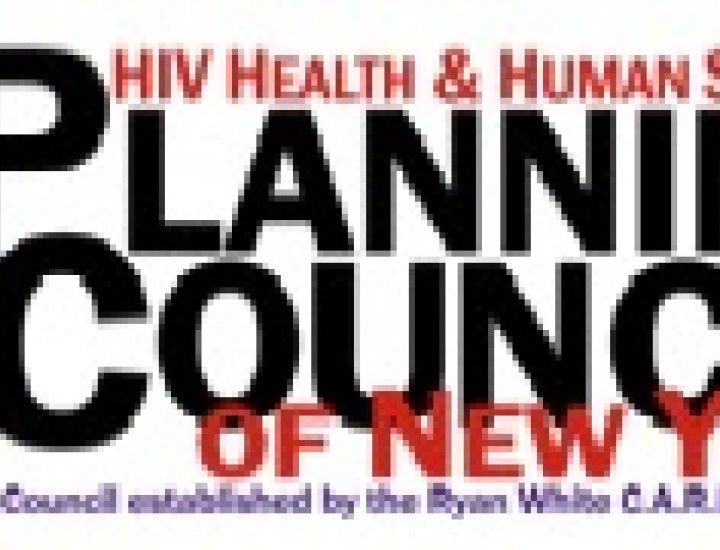HIV Budget Cuts Disproportionately Harm People of Color
By Catherine Hanssens, Exec. Director & Iván Espinoza-Madrigal, Legal Director
Last week, the U.S. Senate Appropriations Subcommittee on Labor, Health and Human Services, Education, and Related Agencies approved a fiscal year 2014 bill that proposes generally maintaining current federal funding levels for HIV. Nevertheless, the U.S. House of Representatives has proposed a $1.1 billion cut to lifesaving domestic HIV programs. This dramatic reduction – on top of budget cuts that already have resulted in a loss of $375 million in HIV-related funding – will exacerbate the epidemic and harm people living with or at risk for HIV, their families, and the communities where they live.
Slashing funding for HIV will deprive communities of color of vital resources and support. Nearly two-thirds of the roughly 50,000 new HIV cases every year in the United States involve people of color. In large part, this reflects poverty, and disproportionately limited access to quality medical services. It also reflects delayed testing and treatment, which are influenced by stigma and many other factors, including fear surrounding the consequences of positive tests, and social isolation due to deportation risks for undocumented immigrants. Budget cuts that decimate already-strapped community health and prevention programs are an unnecessary and ultimately wasteful response to the burden that HIV poses to under-resourced families and communities. Bedrock prevention and public health programs interrupt the potential cascade of individual, community, public health, and economic consequences triggered by HIV.
The federal government plays an essential role in addressing the public health challenge posed by HIV. Advocates working on this challenge – in public health, medical care, legal and policy advocacy, and other contexts – know that curbing and ultimately ending the epidemic requires investments in more than medicines. As part of President Obama's National HIV/AIDS Strategy, the Presidential Advisory Council on HIV/AIDS (PACHA) has been developing specific, achievable recommendations to fight the epidemic, reduce new infections, curb stigma, and end HIV discrimination. For the first time, federal agencies are working together on the intersection of public health, human services, housing, comprehensive health care, and federal civil rights to implement a national HIV strategy. By ignoring past investments and targeting HIV programs for budget cuts, Congress is squandering taxpayer dollars and rendering the national HIV strategy aspirational at best.
